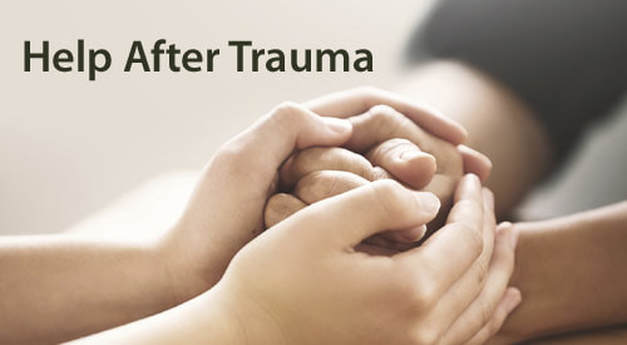|
Post-traumatic stress disorder (PTSD) is a condition in which a person has difficulty recovering after experiencing a shocking, scary or dangerous event. Any situation that causes physical, mental, or emotional trauma can result in PTSD. Symptoms tend to show up within three months after the traumatic incident, but can take years to manifest. The symptoms of PTSD are categorized into four groups: re-experiencing, avoidance, arousal/reactivity, and cognitive/mood. Below is a summary of these.
Acupuncture for PTSDThe most common form of acupuncture for PTSD involves a set of five auricular (ear) acupuncture points. In Chinese medicine, the ear is a microsystem through which the whole body can be treated. The auricular points used for PTSD are responsible for controlling specific areas of the brain that are related to nervous system functioning as well as stress hormones. More personalized acupuncture treatments may also be used to treat PTSD, depending on the setting in which the treatment is taking place. Individualized treatments involve the use of a differentiated diagnostic system, based on the understanding that each person reacts differently to trauma. Based on the results of this diagnosis, practitioners develop an individualized treatment plan aimed both at relieving physical and mental symptoms as well as fostering greater balance and well being in the person seeking help. Acupuncture is proven effectiveA meta-analysis of research completed in 2011 compiled information from 19 empirical research papers on the topic of acupuncture for PTSD. All studies involved servicemen and women who were diagnosed with PTSD after having been deployed in the Middle East. Researchers found that all 19 studies reported positive results for the use of acupuncture in effectively treating patients' depression and anxiety. Additionally, none of the studies reported any adverse effects from treatment. Another systematic review of randomized controlled trials from 2013 looked at research comparing the use of acupuncture for PTSD with other treatment modalities. Results showed that acupuncture is equally as effective as cognitive behavioral therapy (CBT) and serotonin reuptake inhibitors (SSRIs). Another study reviewed in this meta-analysis found that acupuncture combined with CBT was more effective than CBT alone. A different study found that acupuncture performed with moxibustion was more effective than SSRIs used alone. A randomized controlled trial completed in 2014 at Walter Reed National Military Medical Center looked at the effectiveness of acupuncture compared with the usual PTSD care offered at the medical center. Results showed that improvement in PTSD symptoms was significantly greater in the acupuncture group. Specifically, researchers found that acupuncture was associated with significantly greater improvements in depression, pain, and physical and mental health functioning. Though acupuncture for PTSD has been most thoroughly researched for veterans, it is also proven effective for PTSD from other types of trauma, such as natural disasters. One study completed in 2012 looked at the effectiveness of acupuncture for treating PTSD in those who had survived a major earthquake in Wenchuan, China. Results showed that electroacupuncture was more effective than medication therapy in reducing the symptoms of PTSD in survivors. Links to these research studies and more may be found in the Resources and Related Links section below. How acupuncture worksAcupuncture yields multiple biological responses, related to the stimulation of sensory neurons that connect to structures within the central nervous system. This leads to activation of pathways affecting various physiological systems in the brain as well as in the periphery. One response to this stimulation is the release of endorphins and other endogenous opioids, as well as activation of the parasympathetic nervous system. Many people are familiar with the sympathetic nervous system, which controls our "fight or flight" response. The parasympathetic nervous system is paired with the sympathetic nervous system, and has the effect of clearing out stress hormones and re-allocating the body's resources towards digesting and healing. It is associated with improved activity of the immune system, as well as a greater sense of calm and well being. Stimulation with acupuncture has also been found to activate the hypothalamus and the pituitary glands, resulting in a broad spectrum of systemic effects that support general homeostasis. Learn moreTo learn more about acupuncture, take a look at our page About Acupuncture. To learn more about the Wisdom Traditions Acupuncture clinic, read About Us or Our Philosophy. If you have any additional questions, you can browse our FAQ or Contact Us. We're happy to answer any questions you may have. You can also Schedule an Appointment online. Resources & Related Links
0 Comments
Leave a Reply. |
AuthorMarni Adhikari, M.Ac, L.Ac, Dipl.Ac, is the founder and acupuncturist at Wisdom Traditions Acupuncture of Essex Junction, VT Learn MoreQuestions? |


 RSS Feed
RSS Feed
